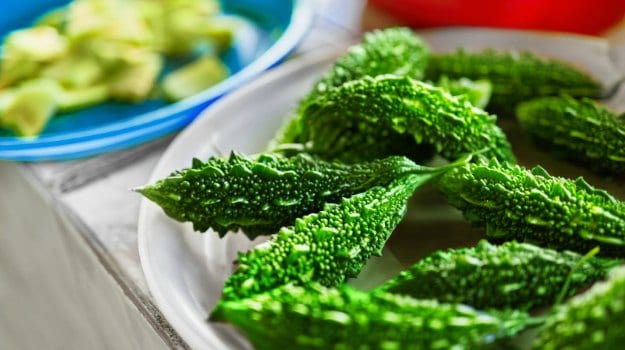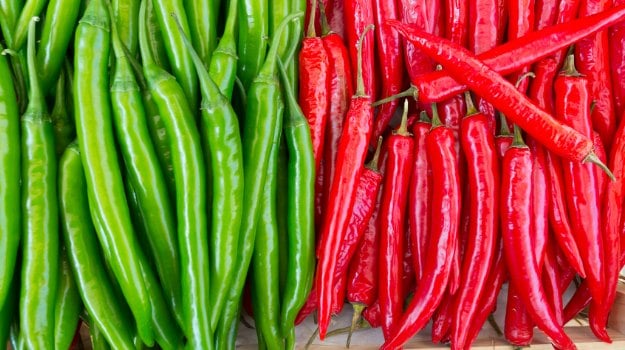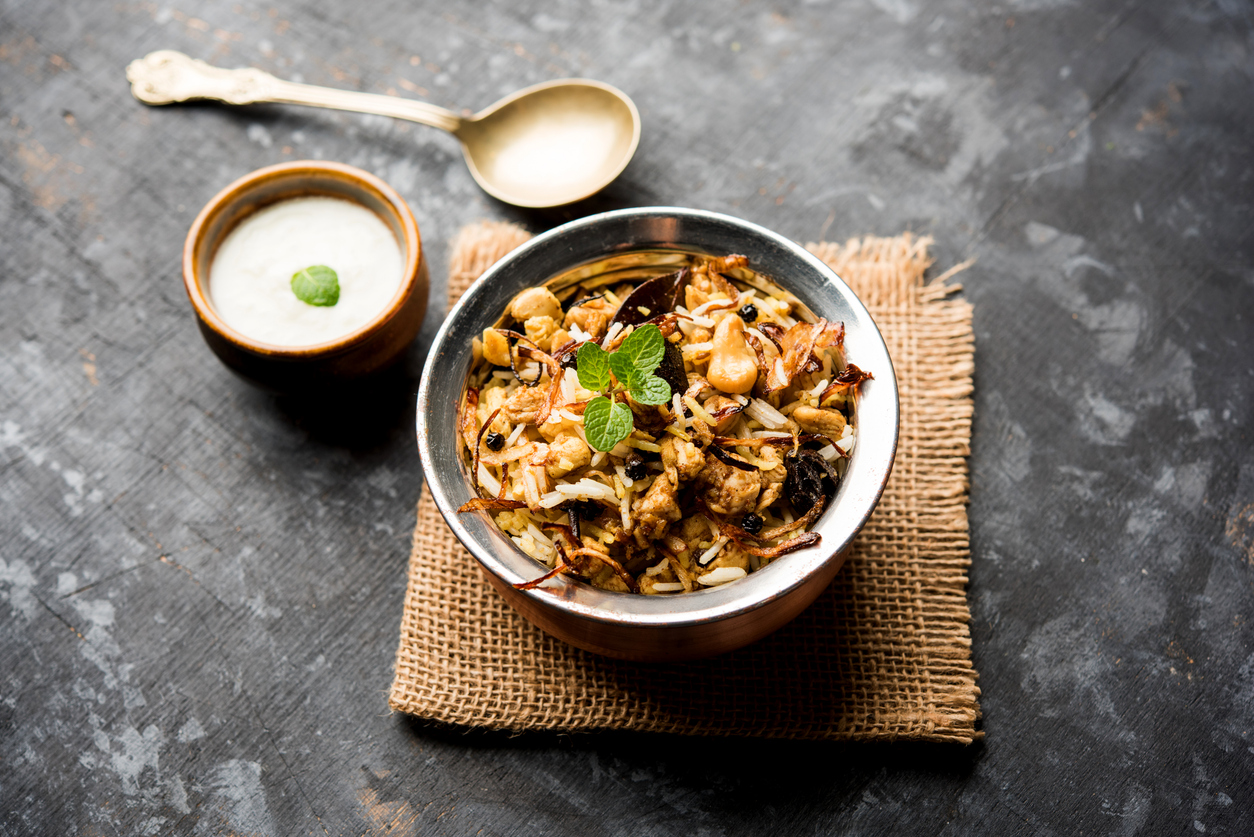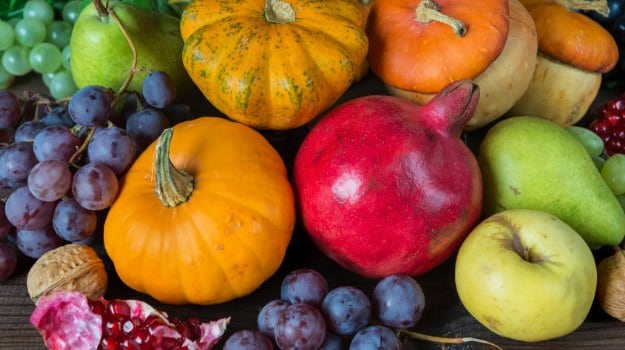For thousands of years, people ate the foods produced in their local environment. For instance, people who lived in the temperate zones ate the foods of the region - whole grains, beans, fresh seasonal vegetables and fruits. Traditionally, it was a practice to eat foods that grew in the climatic zone that they lived in. This was the natural way of eating, and understanding that the same climate zone makes it easier to come into harmony with our immediate environment. For example, traditionally, the Eskimo and other people in the far North, based their diets around fish and other animal products which helped them attain balance with their harsh climate. Similarly, in India, people intuitively adopted a vegetarian or semi-vegetarian way of eating, because minimising the intake of animal food made it easier to adapt to a hot climate.
The purpose of seasonal eating is to help individuals experience the benefits of healthy living. There are five tastes that are naturally contained in all foods. In Ayurveda and traditional Chinese medicine, each taste is correlated with a season, a type of warming or cooling energy and a specific body organ or system. Theoretically, each taste nourishes a specific organ or organ system.
Practically speaking, "the more you consciously include a variety of five tastes in food preparation, the more satisfying and nutritionally balanced your meals will be". Sometimes a variation of taste (e.g. a sprig or two of bitter tasting parsley or coriander leaf) can contribute significantly.
How Foods Fit the 5 Tastes & Their Health Benefits
1. BITTER: associated with the early and mid-summer season. Bitter foods stimulate the heart and the small intestines. They provide strength to these organs. So include foods like spinach, mustard greens, kale, celery, coffee, bitter gourd, grain beverages, sesame seeds, turmeric, saffron, parsley and coriander leaves to naturally sweep your body clean.

2. SALTY: associated with the winter season, salty foods impart strength to the kidneys and bladder. These foods have a cooling effect and help retain water when the season is dry. Here, salty does not refer to your table salt, which is loaded with chemicals or a packet of chips, but strengthening foods like sea salt, sea vegetables, tamari and natural soy sauce. Salty foods balance 'vata' and clean sinus passages.

3. SWEET: associated with the late summer season, sweet foods influence the pancreas, spleen and stomach - organs of sugar absorption and distribution. Their nourishing effect is centering and relaxing. The sweet taste refers to natural whole foods like fruit, sweet potato, carrots, cooked grains, rice, onions, jams, corns and cooked cabbage and not the excessively refined sweetness we know from white sugar.

4. SOUR: associated with spring season, sour tasting foods have a constrictive effect, giving quickening energy. They influence and strengthen the liver and gall bladder. Include citrus fruits like berries, tomatoes, lemon, lime, fermented dishes, pickles, sourdough bread and vinegar. Sour foods enhance the appetite and make other tastes more delicious.

5. PUNGENT: associated with autumn season, the pungent taste of these foods gives off a hot, dispersing energy and is beneficial to the lungs and colon. However, excess of these foods can irritate the intestines. Pungent foods have been known to stimulate blood circulation and according to TCM folk medicine, have a natural ability to help break down plague accumulation in the body. In most culinary cuisines, they are commonly combined with animal protein and with foods high in fat for this reason. Pungent foods like ginger, garlic, raw onion, white radish, red radish, wasabi and peppers balance 'kapha' and help flush out toxins.

There is a definite art to meal balancing. The combination possibilities using disease fighting nutrients are plentiful. The underlying principle dictates that these flavours while seeming not compatible are actually by virtue of meal balancing, complementary.
About the Author: Shilpa Arora ND is a renowned Health Practitioner, Nutritionist and certified Macrobiotic Health Coach. She has to her credit Doctorate in Natural Medicine. She is currently based in Delhi NCR region, successfully running her Nutrition Studio with individual consultations, offering life style programs supported by the most up-to-date clinical research.
Disclaimer:
The opinions expressed within this article are the personal opinions of the author. NDTV is not responsible for the accuracy, completeness, suitability, or validity of any information on this article. All information is provided on an as-is basis. The information, facts or opinions appearing in the article do not reflect the views of NDTV and NDTV does not assume any responsibility or liability for the same.








